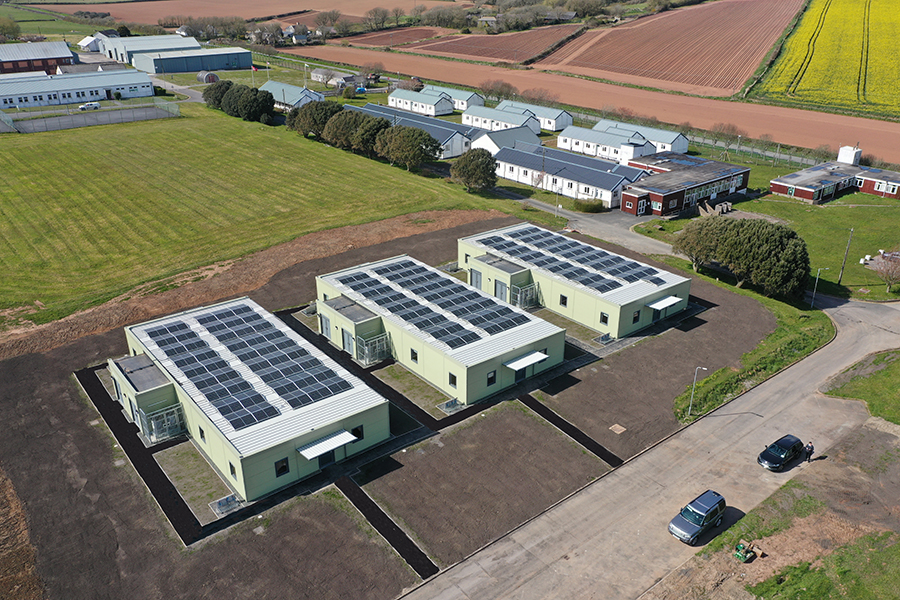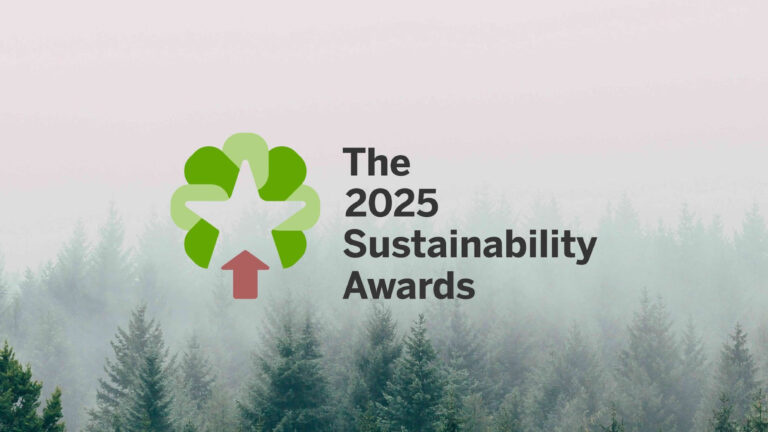“Reducing air pollution is good for business because ultimately it is good for people’s health and the environment.”
This is a great reminder to all corporate leaders, from Global Action Plan, the charity behind this year’s Clean Air Day that organisations must take positive action now to limit the release of harmful emissions, and pollutants, to contribute to a greener, cleaner planet for all.

Pictured: an aerial view of the three new buildings at Castlemartin Camp in Pembrokeshire. [Copyright Reds10]
Our Sustainability Manager, Derek Walter, reflects on the role Landmarc is playing through our Net-Zero Carbon Accommodation Programme; a key commitment from the business to cut our reliance on fossil fuels across the UK Defence Training Estate (DTE). And in doing so, respecting the right of all our stakeholders – from the Armed Forces that train, to the local communities that live and work on the land, to a clean and healthy environment.
Derek says, “Our Net-Zero Carbon Accommodation Programme (NetCAP) is transforming the lived experience for our Armed Forces by delivering over 40 new carbon efficient accommodation blocks containing more than 1,900 bed spaces across the Estate.
But why carbon reduction? How does that contribute to cleaner air?
Reducing carbon emissions is by no means a new concept, and most organisations will have action plans in place to reduce their reliance on the energy generated by burning fossil fuels. They may be looking at alternative, renewable power sources, or at least, are likely to have energy-reduction programmes to limit electricity consumption.
However, cutting the amount of CO2 released into the atmosphere doesn’t only help reduce the effects of global warming.
The United Nations Economic Commission for England (UNECE), details how poor air quality and climate change are closely linked. For example, it states that, “air pollutants are also climate-relevant and thus known as short-lived climate pollutants (SCLPs), such as ground-level ozone (O3) and black carbon, a component of particulate matter (PM). In addition, fine particulate matter (PM2.5) air pollution, of which black carbon also makes up a major part, is the leading environmental cause of poor health and premature death.”
Cutting carbon, delivering cleaner air with NetCAP
The £45 million NetCAP programme is a joint initiative between Landmarc, the Defence Infrastructure Organisation (DIO) and modular construction specialists Reds10, being part-funded by a government investment to improve Armed Forces accommodation.
The programme began with the installation of a ‘proof of concept’ accommodation block at Westdown Camp on Salisbury Plain last summer. At the time, these buildings achieved an A-rated Energy Performance Certificate (EPC) of 12 thanks to air source heat pumps and rooftop solar panels providing the building’s energy requirements.
However, by analysing data from SMART technology installed in the building, adjustments have since been made to deliver the Training Estate’s first carbon negative buildings at Nesscliff Training Area in Shropshire, Castlemartin Training Area in Pembrokeshire, Brunswick Training Camp in Surrey and additional buildings at Westdown Camp, with EPC ratings of -5, -7, -9 and -10 respectively, and a reduction in embodied carbon (tCO2) of some 130 tonnes.
The accommodation blocks provide beds, showers, ablutions and drying rooms all in one modern complex, removing the need for troops to move around different buildings. The blocks will also generate extra power for the sites, further reducing electricity costs and making a significant contribution to the government target to achieve net zero emissions by 2050.
A cleaner future
In March, Lt Gen Richard Nugee, MOD Climate Change and Sustainability Lead, issued the Climate Change and Sustainability Strategic Approach, which sets out the threats posed by climate change and how Defence must work to mitigate its impact.
As custodians of the UK Defence Training Estate, Landmarc is fully committed to the strategic ambitions set out in this report to ensure the Training Estate is sustainable for generations to come.
We believe that cutting carbon, and contributing to a cleaner environment is our duty, to help preserve the ecosystem of this unique and important landscape.”
Watch Sustainability Manager, Derek Walter talking on the role Landmarc is playing through our Net-Zero Carbon Accommodation Programme.




